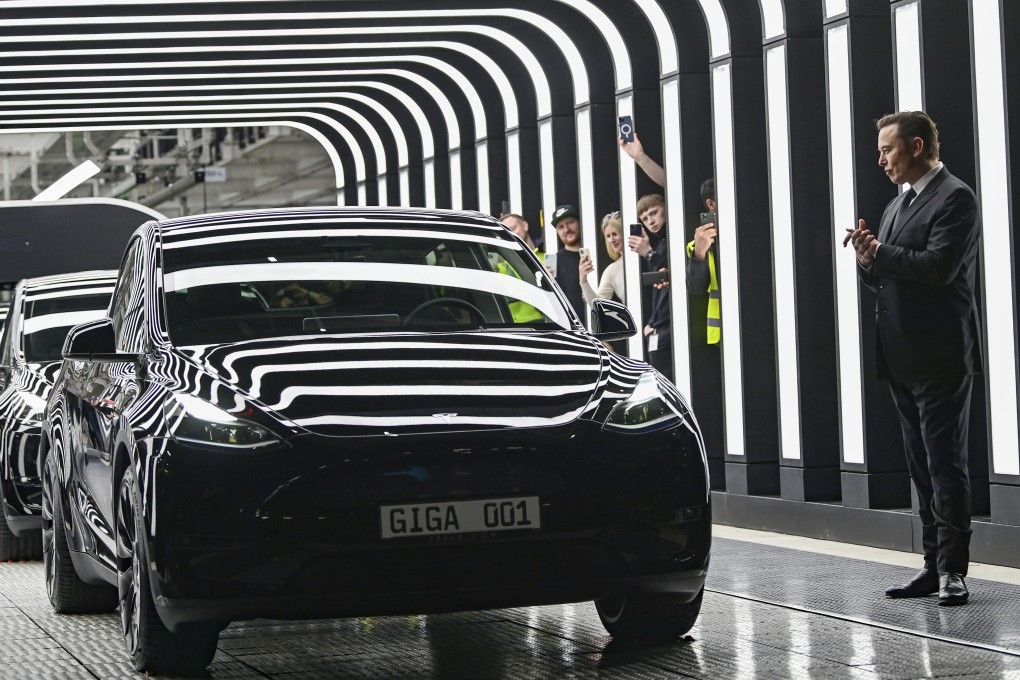Tesla seals deal with Baidu for China maps, whether CEO Elon Musk wants them or not
- To go to market with Tesla’s Full Self-Driving system, Elon Musk had no choice but to join a Chinese partner for a mapping licence on the mainland
- Baidu is one of only around 20 entities in China that have been granted the top-level map-surveying qualification

“The two main crutches that should not be used, and will in retrospect be obviously false and foolish, are lidar and HD maps,” Musk said in April 2019, referring to light detection and ranging sensors, and high-definition maps. “Mark my words.”
That prediction may no longer apply, at least in China – and not because Musk has altered his view. To go to market with the system his company calls Full Self-Driving (FSD), he had no choice but to join with a local partner for a mapping licence.

Carmakers wishing to offer advanced driver-assistance systems in the country must meet what is called a map-surveying qualification, which applies to a broad range of mapping software. Even AI-driven systems that effectively build maps on the fly through their detection hardware may be subject to this classification.
Beijing-based Baidu is one of only around 20 entities in China that have been granted the top-level qualification, which requires an independent mapping and navigation system, a set of higher-end equipment and a certain number of qualified examiners. Geographic information is closely guarded in China for national security reasons.